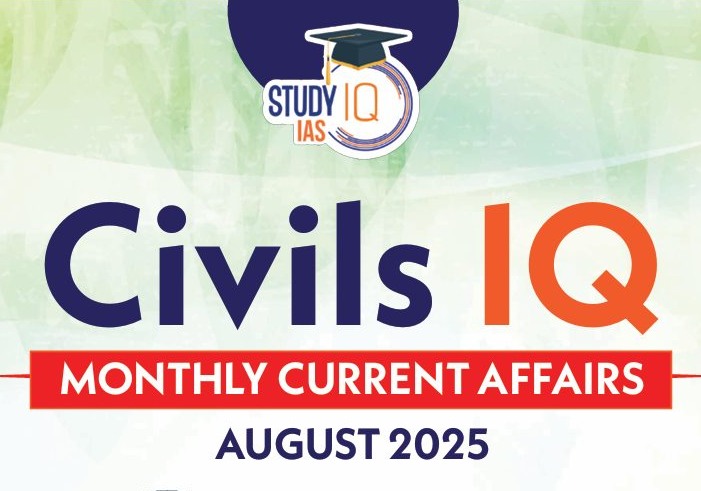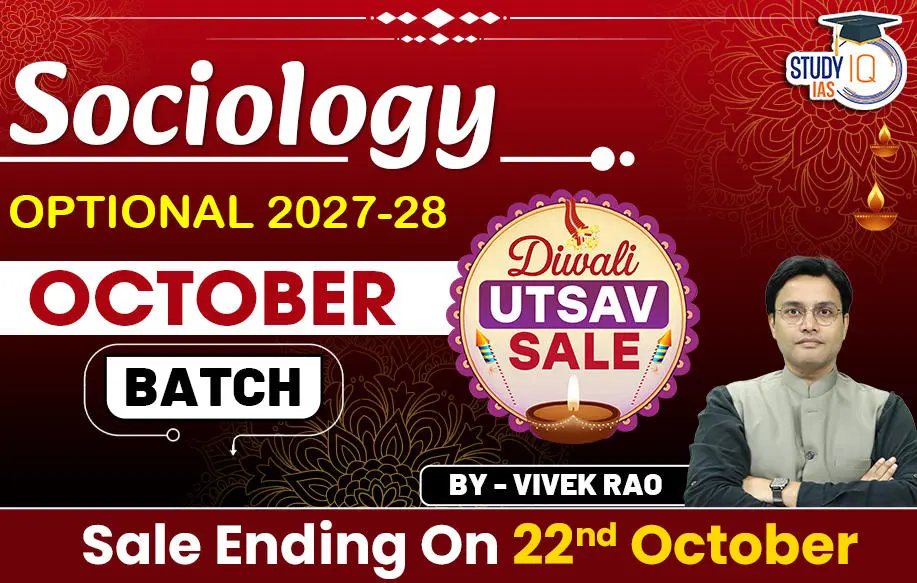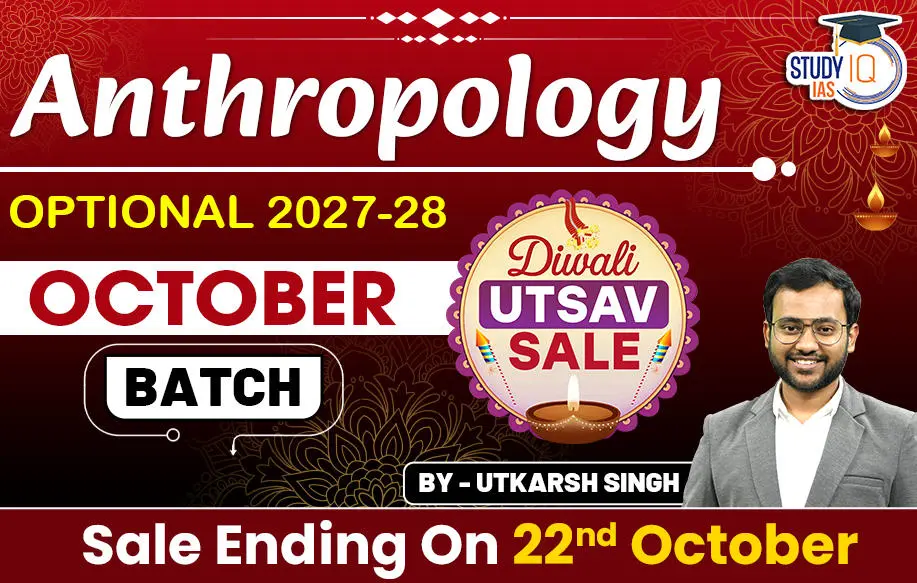Context: Wealth disparity in India highlights ethical concerns.
Wealth Inequality in India: Key Statistics
- Top 1% Wealth Share: Own 22.6% of income and 40.1% of wealth.
- Wealth Distribution:
- The top 1% holds an average wealth of ₹54 million, 40 times the national average.
- The bottom 50% holds ₹0.17 million each, 0.1 times the national average.
- The middle 40% possesses ₹0.96 million each, 0.7 times the national average.
- The wealthiest 10,000 individuals average ₹22.6 billion each, which is 16,763 times the average Indian wealth.
- Caste and Wealth:
- About 90% of billionaire wealth in 2022-23 was owned by individuals from upper castes,
- Less than 10% by Other Backward Classes,
- 6% by Scheduled Castes, and
- None by Scheduled Tribes.
- Economic Disparities and Nutrition: Despite 135 million Indians escaping multidimensional poverty from 2016 to 2021, in 2022,
- 5% of Indians could not afford a healthy diet costing 4.20 PPP dollars per day.
- This translates to almost 790 million people unable to spend ₹350 daily on healthy food.
|
Sociological and Philosophical Insights
|
- Thorstein Veblen’s Perspective: Veblen criticised the affluent for “conspicuous consumption,” where lavish spending is used to assert social status and deter emulation by the less wealthy.
- Michael J. Sandel: Sandel argues against the entitlement mentality of the wealthy, suggesting that their success is often due to advantageous early life circumstances rather than solely personal merit.
- He advocates for recognizing the contributions of the community to individual successes and promoting a more equitable distribution of wealth.
- Public Perception and Societal Impact: The middle and lower classes often show a resigned acceptance of wealth disparities, influenced by the propagated notion of meritocracy.
- This acceptance is seen as a form of psychological capture, where the less affluent see the wealth distribution as fair and deserved.
- Religious Context:
- The Quran advocates for the concept of wealth as a trusteeship, where the rich are custodians of wealth on behalf of the poor, highlighting a “recognised right” of the underprivileged in the wealth of the affluent.
- This perspective challenges the modern acceptance of wealth accumulation and emphasises the moral obligations of the wealthy.
|
Sharing is caring!

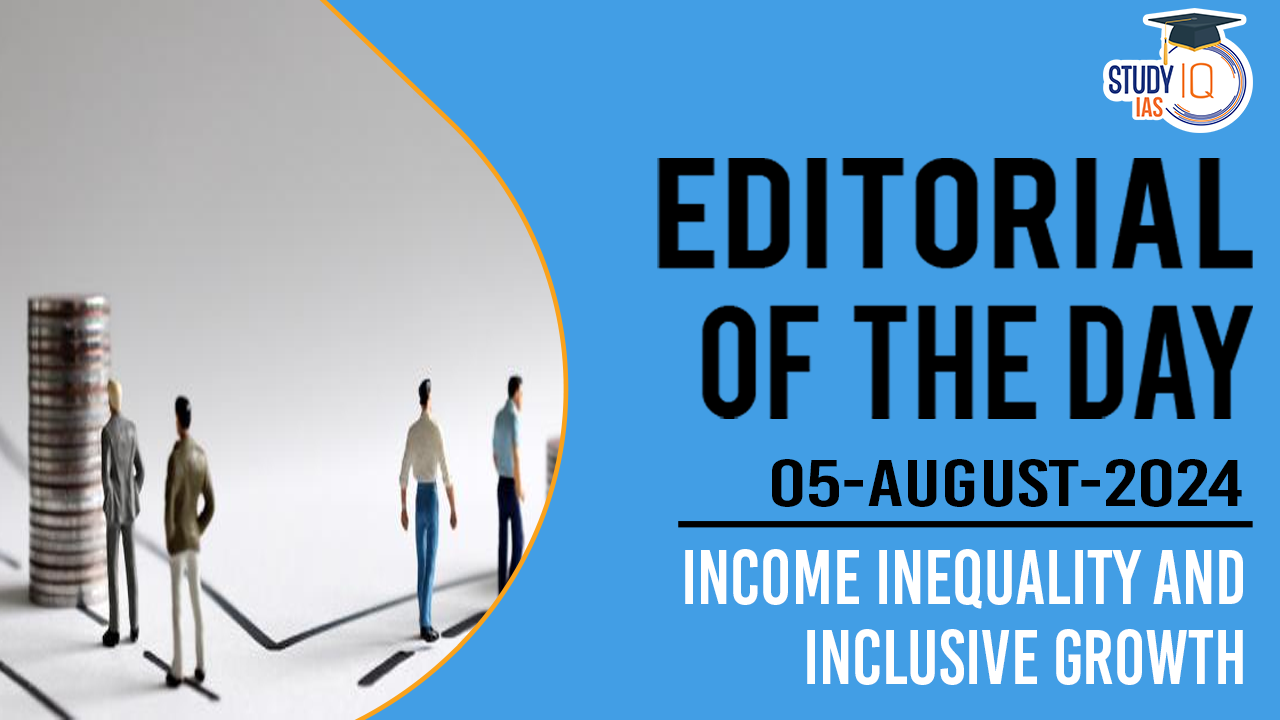
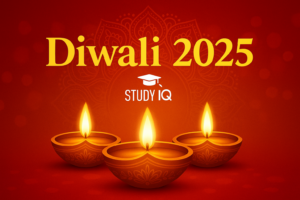 Diwali 2025 Calendar: Dhanteras to Bhai ...
Diwali 2025 Calendar: Dhanteras to Bhai ...
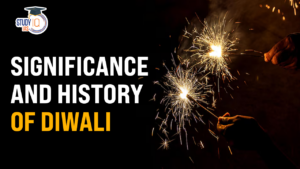 Significance and History of Diwali Festi...
Significance and History of Diwali Festi...
 The New Power of Rare Earths: How China ...
The New Power of Rare Earths: How China ...
